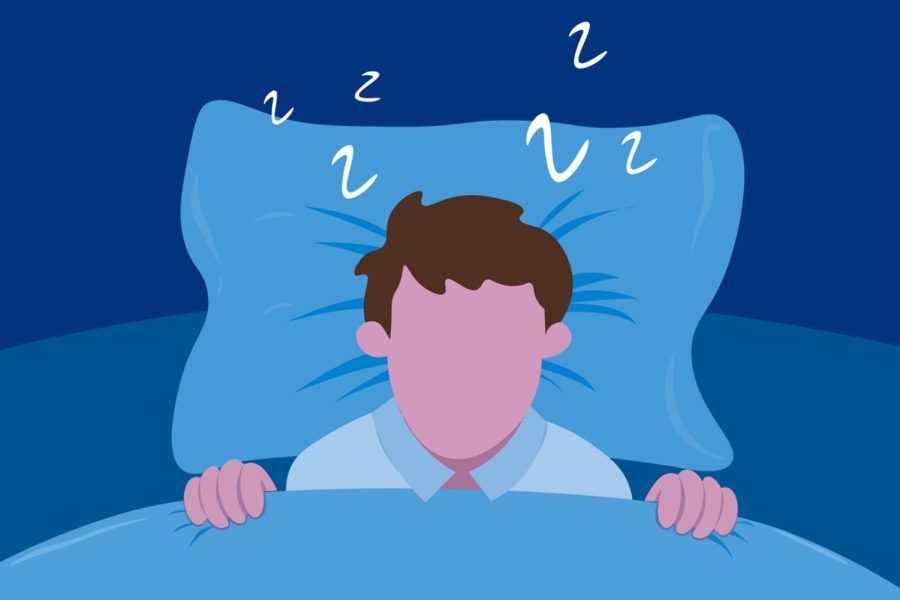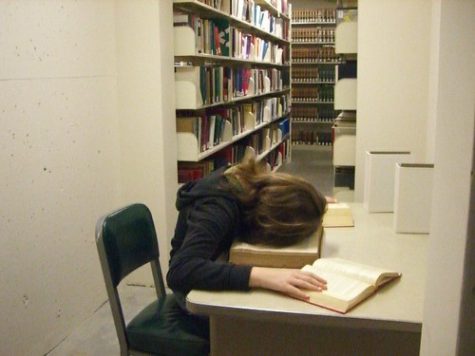While everybody knows that we should get eight hours of sleep every night, most of us use our time scrolling on our phones or doing homework instead. Even though staying awake seems like we have more time to spend, it affects your body negatively when people don’t get enough rest. Sleeping less than the recommended eight hours can have various effects on your body, and all of them negatively affect it.
Worsens cognitive functions
While staying up studying for a test might sound like the most rational thing to do, this worsens your chances of getting a good grade. Once you get less sleep, your neurons have less time to recover for the next day fully. Neurons are tiny information messengers; they transmit information throughout your body to make further movements. In short, your body is slower after you sleep because your tired neurons cause you to think, react, and remember slower. Other things that can cause you to perform worse in school due to lack of sleep include decreased concentration, being less alert, and having worsening memory.
Immune system weakens
Wondering why having a fever makes you constantly want to sleep? Sleep builds up and creates essential parts of your immune system, such as antibodies, which help you fight off infections. The immune system doesn’t have enough antibodies to function correctly without sleep. Having a fever or cold makes your body want to sleep to recover and gain back the necessary components for your immune system.
Sleep can affect your appetite
Sleeping less can also affect your appetite. Neurotransmitters ghrelin and leptin are central to appetite; ghrelin promotes hunger while leptin assures you feel full. A lack of sleep can affect the regulation of these neurotransmitters, with increased ghrelin and decreased leptin. People who are sleep-deprived may experience an increased appetite and diminished feelings of fullness.
Fatigue and changes in physical appearance
Moving to some of the more apparent effects, a lack of sleep can cause yawning and drowsiness for the next day. You might even catch yourself falling asleep on the spot! Not getting enough sleep also changes your appearance, from eyebags to more acne on the face. The skin doesn’t have enough time to rejuvenate itself into its original state, so it grows older.
Potential Diseases
Lack of sleep can lead to detrimental symptoms for the body because lack of rest weakens many systems of the body: cardiovascular, digestive, immune, nervous, endocrine, and more. Less sleep can lead to diabetes, lung illness, high blood pressure, and heart disease.
In a nutshell, sleeping is essential for your body to ensure that various systems are healthy. Like a phone, sleep charges you and gives you more energy and resources for the next day. Keep your sleeping habits in mind the next time you decide to binge-watch a good Netflix show for the night!

















